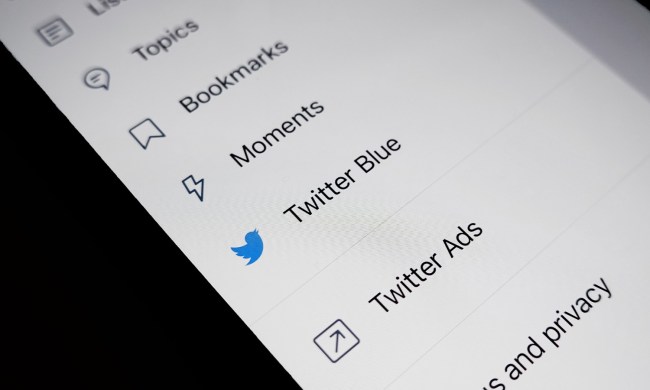Twitter announced Thursday, August 6 that it will start labeling state-affiliated media accounts on its platform in order to ensure “transparency” to users who interact with those accounts.
The company said that by labeling the accounts, users will be able to make “informed decisions about what they see and how they engage on Twitter.” The move comes after Twitter’s November announcement that state-affiliated media accounts will no longer be able to advertise on the site, a move designed to protect “healthy discourse and open conversation.”
“For clarity: we don’t let state-affiliated media accounts advertise on Twitter,” the company added in a tweet Thursday. “We’ll also no longer include them or their Tweets in recommendations, as we continue to support a free and independent press.”
Twitter’s move Thursday comes after months of a string of other product feature updates aimed to quell the spread of misinformation and targeted harassment. Within the last year it introduced a way to hide replies to tweets, control who is allowed to reply to tweets, and even installed a prompt to ensure users read an article before retweeting it.
For clarity: we don't let state-affiliated media accounts advertise on Twitter. We’ll also no longer include them or their Tweets in recommendations, as we continue to support a free and independent press.
More on this policy and new labels: https://t.co/BY1jTO46Zc (2/2)
— Support (@Support) August 6, 2020
Twitter became one of the first major social media companies to ban politically funded advertisements on its platform in 2019. CEO Jack Dorsey said that political ads have the capability to dampen public discourse, spread misinformation, and manipulate videos.
Going forward, all state-funded and affiliated media accounts, foreign ministers, ambassadors, government spokespeople, and diplomatic leaders will be labeled under their account name. As it stands now, the labels will only apply to the five countries in the United Nations Security Council: Russia, the United Kingdom, France, the United States, and China.


